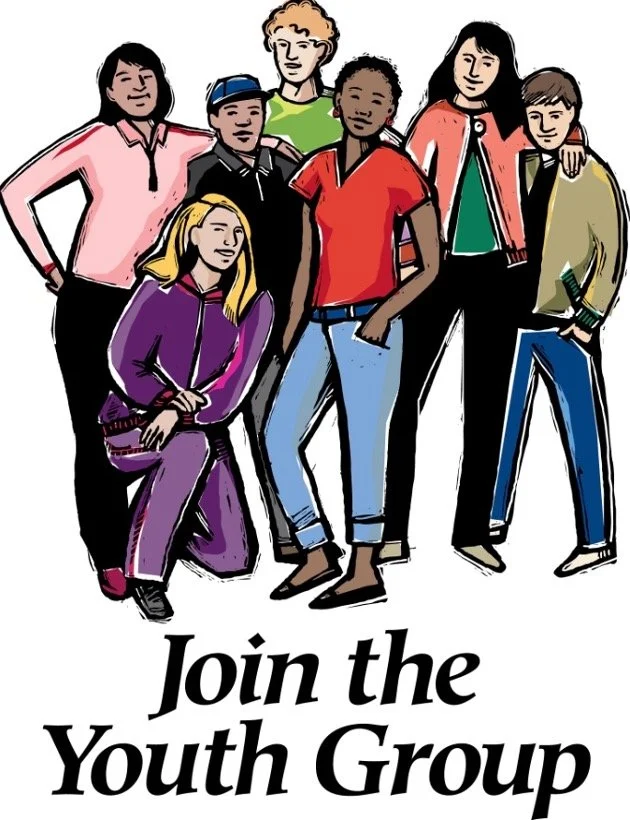The Journey From Children to Young Adults – The Heroes Who Work With Them
By Doug Ferguson
One morning a couple of years ago, I was having coffee and a snack by myself at our popular local coffee shop. At a nearby table, a man roughly in his late 30’s or early 40’s was talking with a much younger fellow who appeared to be about 18 or 19 and I couldn’t help but overhear some of the conversation. It was soon apparent that the older man was interviewing the younger for a job, although I never actually heard what it was.
Since it wasn’t any of my business and I was reading a paper, I didn’t pay much attention until at one point in response to something the younger fellow said, the older man made a very pointed remark which I heard clearly. He said, “I don’t believe in the concept of ‘teenagers! I think that once you turn 13 you are a ‘young adult’ and should be treated as such!”
I didn’t hear the muted response from the young man, and I have no idea what he had said in the first place that provoked that strident statement, but the whole interview ended shortly after! I leave it to the reader to guess whether the young man got a job!
I will always remember that scene as it highlights for me the difficult period of change and uncertainty present in one’s life to find your identity in the world that young people inhabit in the age group we call “teenagers”. This then got me to thinking about people who work with these young people in this difficult and transitional period of their lives.
Of course, public school teachers and coaches immediately come to mind. However, they are limited, or should be while still serving as good personal examples, in what moral and social standards that they can impose in their work as public employees of the local community.
However, both as a young person myself many decades ago who was a member of a church youth group and later as a stepfather of a son who also was one, I can say that the adults who run and supervise these groups can make a huge difference in helping young people make the transition to adulthood in a healthy and moral way.
I’m thinking about the two couples I knew both in my teenage years and as an adult that supervised and ran wonderful youth groups at churches I attended. These great groups provided a healthy and stabilizing influence on so many youths at a very critical time in their lives. In both cases the programs they developed were so popular that they attracted both un-churched youth and youth from other churches!
In addition to facilitating lots of fun activities like picnics, skiing, skating, and bowling parties, many service projects were organized to help older and disabled members of the community with snow shoveling, and other yard chores. Mixed in with these “fun” and service events were speakers brought in to talk to the youth groups about things important to “young adults” but limited in the public-school environment at that time such as dating ethics, personal hygiene, pregnancy, drug use, and interviewing for part time jobs. I even remember one about managing your personal finances whether you had a job or just an allowance!
I’ve heard from many others with youth group experiences both as members and adults tell similar stories. In every case some dedicated adults were involved and in my mind are unsung heroes in our society! These people and other respected adults can often influence this age group when their own parents can’t.
Looking back on the “coffee shop” moment I shared above, let’s hope that the young people we call “teenagers” do get considered as young adults, but also realize that they need help and guidance on their journey. Let’s hope we also realize that those people who give part of their life to this effort are really heroes, especially in these tumultuous and unsettled moral times.
May our hats be off to them!

